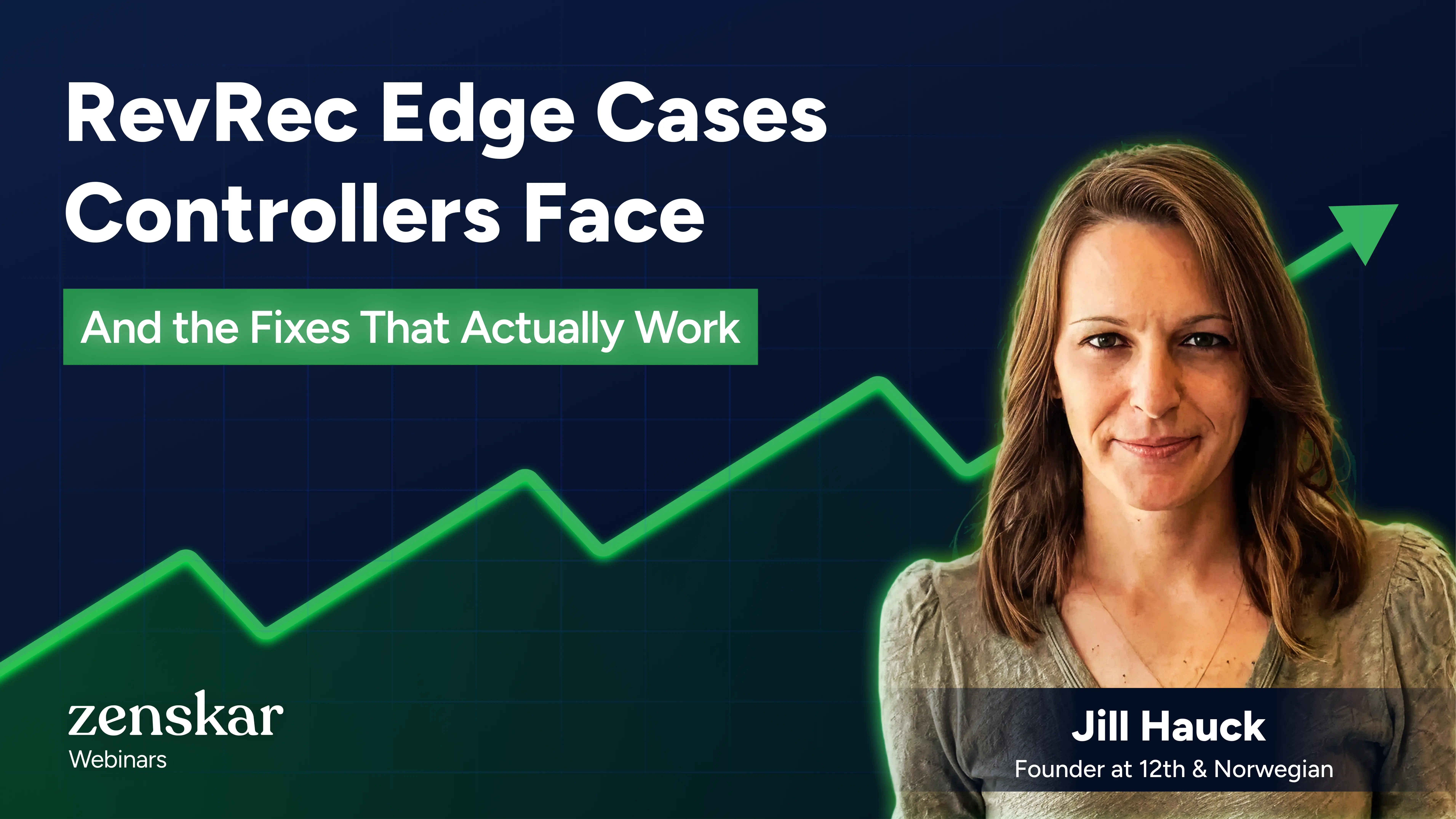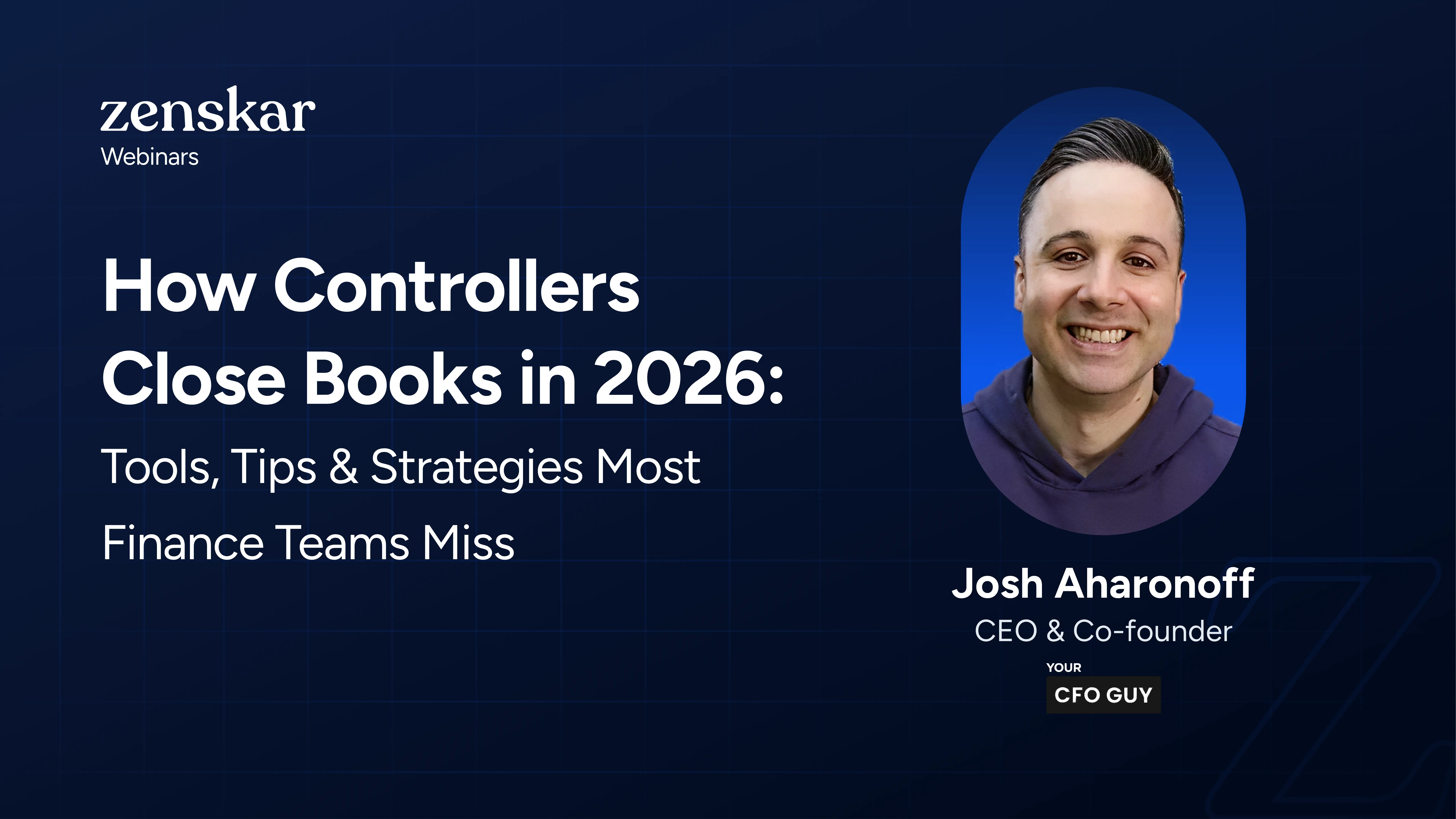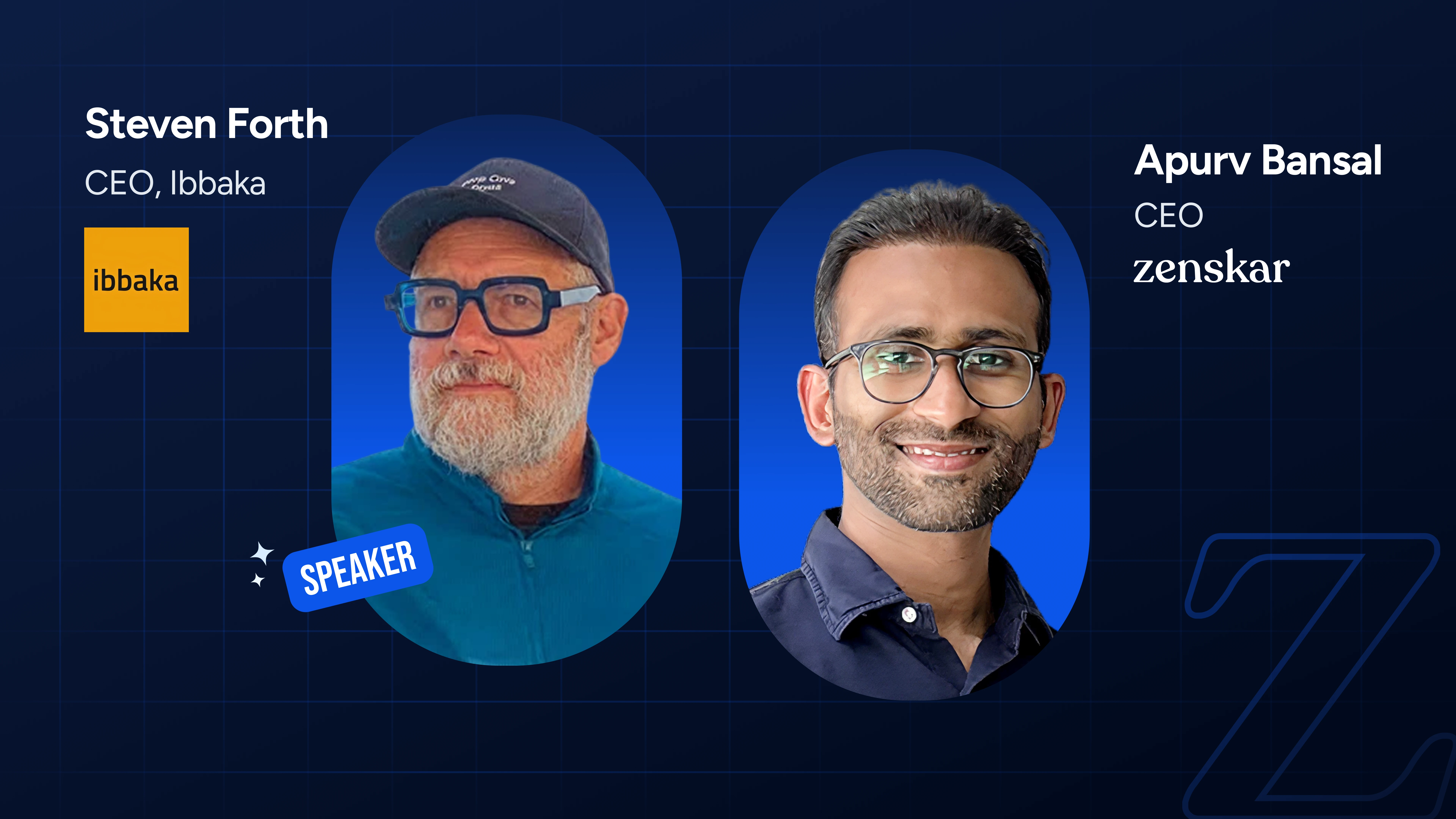Finance is more than just numbers. It's the backbone of strategic business growth. In this exclusive webinar, two-time CFO Michell Guzelgul shares his expertise on financial leadership, cash flow management, and leveraging AI for smarter decision-making. Whether you’re leading a small business or scaling a multi-million-dollar enterprise, this session will equip you with practical strategies to enhance financial performance and drive business success.
What you will learn from?
- Cash Flow Strategies for Different Growth Stages: Learn how financial priorities shift as a company scales and how to manage liquidity effectively.
- Pricing & Billing Adjustments: Discover how to reassess pricing strategies to ensure long-term profitability.
- The Right Time to Hire a CFO: Understand when your business needs strategic financial leadership beyond bookkeeping.
- Building Leadership in Finance: Gain insights on how finance professionals can step into executive roles.
- AI & Automation in Finance: Learn how AI-driven forecasting and automation tools can enhance financial decision-making.
- Cash Flow Survival Tactics: Explore creative ways to maintain liquidity and navigate financial challenges.
- Becoming a Continuous Learner: Discover why upskilling is essential in today’s financial landscape and how to adopt a mindset of lifelong learning
Why should you attend?
- Learn from a seasoned CFO: Gain insights from Michell Guzelgul, a two-time CFO with deep expertise in financial leadership, strategic planning, and analytics.
- Master cash flow at every stage: Understand how financial priorities evolve as your business grows, and discover proven tactics to manage liquidity effectively.
- Leverage AI for better decisions: Explore how AI and automation tools can improve forecasting, streamline operations, and support smarter financial decision-making.
- Grow into a finance leader: Whether you're already leading or preparing to step into a leadership role, you'll gain valuable strategies for building influence, driving growth, and staying future-ready through continuous learning.
Who should attend?
This webinar is ideal for CFOs, finance managers, controllers, FP&A leaders, and business owners looking to enhance financial leadership, optimize cash flow, and leverage technology for smarter financial decisions.
Speaker:
Michell Guzelgul – CFO at Empeon and a certified public accountant, Michell brings deep expertise in financial planning, HR, and strategic leadership. He excels at using data analytics to simplify complex financial insights and guide decision-making—particularly in highly regulated sectors like healthcare.
Webinar Summary
1. How did your early business experience prepare you for a CFO role?
I grew up in a family-run trucking business, where I wore every hat — from managing payroll, calling customers for payments, to overseeing licenses. Although it was a small business, those responsibilities mirrored many core finance tasks. Later, when I entered formal roles, the same functions scaled up. What changed was the accountability — I was now answerable to managers, not family. But the hands-on exposure gave me an edge from day one, especially in bookkeeping and cash management.
2. What mindset shift happened when you joined your first formal finance job?
At Focus Ventures, I applied for an accounts payable role but was assigned payroll accounting on day one. I had never seen payroll from the back-office side. That forced me to adapt quickly. The biggest shift was operating in a formal environment where mistakes mattered. In a family business, there were no real consequences. Here, errors had ripple effects. I had to become more structured, more timely, and develop a professional rhythm to how financial operations were managed.
3. How did mentorship shape your transition into strategic finance?
At C+A Global, the CFO trusted me early. After a year of proving myself, he asked me to run the financial operations of their large subsidiaries. His key lesson: “There is no such thing as an accounting emergency.” He gave me freedom to experiment and learn from errors. That environment — where it was safe to make and correct mistakes — helped me shift from executing tasks to making financial decisions. It laid the groundwork for my strategic thinking as a finance leader.
4. At what point did finance become more than just reporting numbers?
At Tactical Logistics, I became the Chief Financial Officer for the first time. I was not just responsible for compliance or closing books. The owner expected me to take his vision and execute it. I handled both daily operations and strategic planning. We grew from one entity to three. Every financial decision — cash flow, investment, budgeting — was tied to growth. That was the turning point where finance became about driving outcomes, not just reporting metrics.
5. What signals indicate it is time to move beyond cash accounting?
The moment a company has hired employees or manages payroll, cash accounting becomes ineffective. If a customer sends a large deposit, cash accounting might record it as immediate revenue — even if the service is not delivered. That skews financial accuracy. Accrual-based accounting aligns expenses and revenue properly. There is no fixed revenue threshold, but once a company becomes operationally stable or begins scaling, staying on cash accounting becomes a risk to decision-making.
6. How did you approach pricing challenges that hurt cash flow?
In one company, a legacy customer contributed 15% of revenue, but their SaaS pricing had not been updated in years. When we faced cash flow problems, I discovered their rates were outdated and deeply unprofitable. Letting them go was a difficult choice, but necessary. We replaced them with two healthier accounts. The lesson: poor pricing decisions can haunt you years later. If you underprice in year one, you might struggle in year ten. Start by pricing for long-term margin protection.
7. How do you use Artificial Intelligence and Machine Learning in finance forecasting?
I trained myself in Python, time-series forecasting, and machine learning using courses on Udemy. I now run historical backtests on Empeon’s sales data using models like Facebook Prophet. I compare my own projections with model outputs to validate trends. Artificial Intelligence supports — but never replaces — my judgment. It reveals hidden patterns, but I rely on intuition and business context to make final calls. I treat our AI vision as a second opinion, not the decision-maker.
8. What tools and resources helped you build technical skills as a CFO?
Udemy was the biggest resource — I took over a dozen courses on Python, machine learning, and programming. I also used Codeacademy for practice with real data. For Visual Basic for Applications, I followed a YouTube channel called Wise Owl, which had over 50 hours of tutorials. I constantly study books and continue to learn new topics. My approach is to learn skills that support the business, even if they are not directly related to finance — like programming or data science.
9. How do roles in the finance team evolve as a company scales?
As a company moves from $1 million to $50 million in revenue, the finance mindset must evolve. In early stages, the focus is survival — making payroll, collecting payments. Later, the team shifts toward profitability and growth. At scale, each role becomes more strategic. Controllers must deliver timely, accurate data. Analysts forecast and support expansion. As Chief Financial Officer, my focus shifts from "can we make the next payment?" to "how do we 5x this business in 3 years?"
10. What advice do you have for finance professionals managing tight cash flow?
First, pricing mistakes made early can damage future cash flow. Do not undervalue your product just to close a deal. Second, get creative. Use credit cards strategically, negotiate payment terms, or ask vendors for financial flexibility. Third, understand your worth — even when desperate. I have seen companies get stuck for years because they made a short-term pricing decision under pressure. Lastly, always think like a Chief Financial Officer, even if your title is not there yet.


















